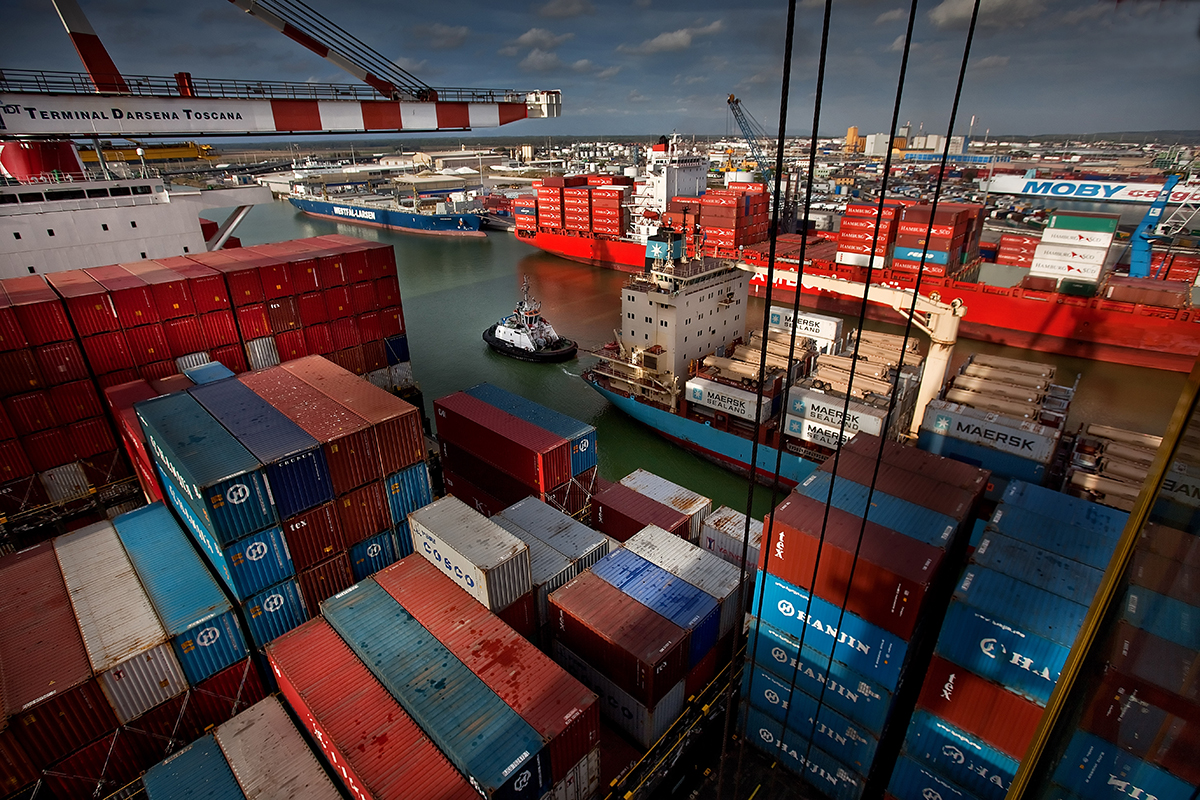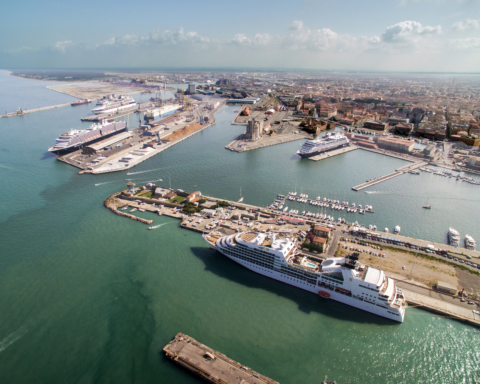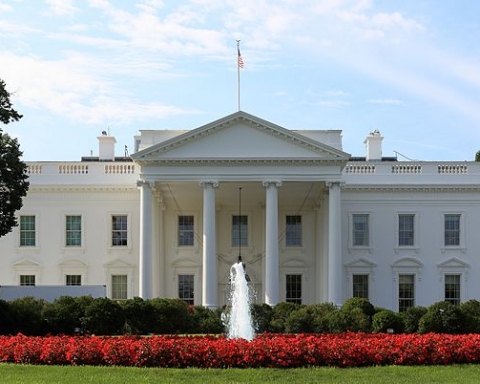Do you remember the Bolkestein Directive? In the last financial report, the Government took the initiative with the aim of suspending the negative effects of the directive by extending the duration of tourism and leisure concessions by a further 15 years.
Not everything turns out perfectly: it is likely that in trying to solve a problem the government has ended up creating another larger one.
The reference is to paragraph 682 of Article 1: “Concessions governed by paragraph 1 of Article 01 of Decree-Law N. 400 of 5th October 1993, converted, with amendments, by Law N. 494 of 4th December 1993, applicable on the date of entry into force of this Law, shall have a duration of fifteen years, starting from the date this Law comes into effect”.
Did you read that correctly? The government’s stop-gap measure would not only affect concessions on beaches but the list would also include those issued by any other body.
“The concession of maritime state property – as stated in Article 1, paragraph 1 of Law 494 1993 – may be issued, in addition to public services and port and production services and activities, for the following activities: management of bathing establishments; catering and supply of drinks, pre-cooked food and monopoly goods; chartering of boats and watercraft in general, etc.”.
What the objective of the provision is, is clear from paragraph 675 of the same Budget Law, which sets, by future decree of the President of the Council of Ministers to be promulgated within 120 days of the entry into force of this law, the terms and conditions for the general review of the maritime state concession system.
Among other things, the decree should contain the criteria for the comprehensive revision of the provisions related to maritime state property concessions, with particular reference to the dispositions on maritime state property in the Code of Navigation or special laws on the subject.
We do not know whether this is a misunderstanding, but the dangerous temptation to apply the derogation in Bolkestein fashion to the port area too would risk blocking the activities of all Italian ports. Can you imagine the big terminal operators, who currently boast concessions of up to sixty years in Italy, packing their bags in 15 years? We would risk being paralyzed by the appeals.
Not only that. The fifteen-year extension is issued automatically, without any conditions. Anyone with an expiring concession today could then use public land for a further fifteen years without having to submit business plans and investment plans.
The rule also provides for a ban on the granting of new concessions until the procedure has been completed. Indeed, paragraph 681 states that only at the end of the entire procedure will “areas that can be granted, as long as they are concession-free at the date this law comes into force”, be assigned, in accordance with the principles and technical criteria established by the Prime Minister’s Decree provided for in paragraph 680.
If we were to apply the law literally, the immediate consequence would be to stop all projects currently in the pipeline for the construction of new terminals for both freight and passengers.
It is astonishing that two months after the Budget Law came into force, no one has gone out and raised the issue. We trust that a clarification will help us to understand better how things really stand.
Translation by Giles Foster




